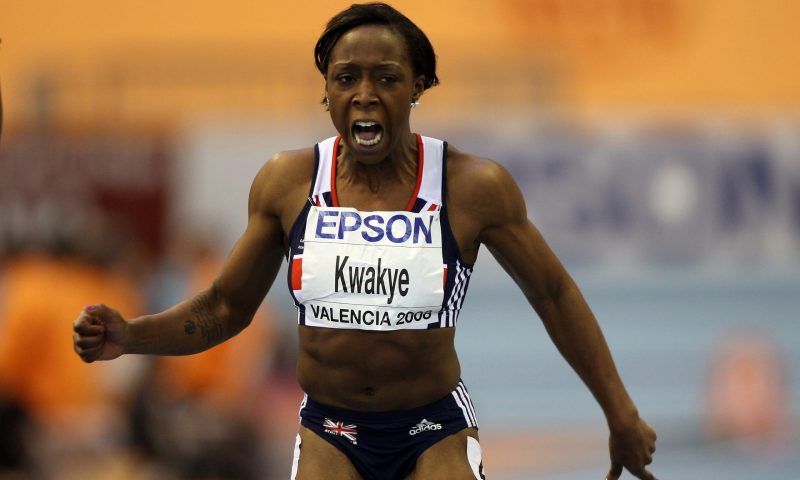
If Lord Coe thought that pulling off the London 2012 Olympics was hard, his latest task, preserving his own reputation and rescuing the reputation of his sport as the now beleaguered boss of the International Association of Athletics Federations (IAAF) is nothing short of Herculean.
Many elite athletes, including myself, will tell you they have never used performance-enhancing drugs. I couldn’t even tell you how or where to find the stuff. The problem we now have is that no one believes us. And that is understandable in the light of today’s seismic report into the “state-sponsored doping programme” that was allegedly run by the Russians.
I would be a fool to sit here and defend my sport and say we do not have a problem when it comes to doping. As an athlete, you are constantly suspicious. You have an inkling that the person you are competing against may have had some “help”. You can’t prove it, but you just know.
As disheartening as that may be, you have to train yourself to believe that everyone you’re competing with is clean, just in order to get by. This in itself is a problem. You put your faith in your training, the team around you and, ultimately, you trust your governing body to do the right thing to ensure the playing field is level. After this latest report, that trust is sorely tested.
Long gone are the days of a quick syringe in a dingy changing room. We are now led to believe that the doping systems used by cheating athletes are sophisticated programmes designed to stay one step ahead of the testers. Particularly scary are the allegations that the governing body, the IAAF, was aware of the scale of doping by Russian athletes in particular, and may even have been complicit.
The doping scandal, which surfaced back in December 2014, with claims that “99% of Russian athletes had used banned substances”, sent the sporting world and the media into overdrive. But I didn’t buy into the “mock shock” I saw on social media at the time from athletes, or when the names of athletes were revealed during the summer. In fact, I wasn’t surprised at all. But I did want action. Like many athletes, I wanted to know what was going to be done, once and for all.
The Russian athletics federation dismissed the claims made against them and even filed lawsuits against the production company that revealed the scandal. However, the depleted team total of just four Russian medals at the World Athletics Championships in Beijing this year – compared to a table-topping 17 two years ago in Moscow – speaks volumes.
This latest chapter of alleged cover-ups has prompted some to rank this scandal with Fifa’s recent problems, with Richard McLaren, co-author of this athletics report, referring to “a different scale of corruption” to that we have seen before. We are no longer just dealing with dodgy Russian distance runners; we are dealing with allegations of severe corruption at the highest level.
Cheating is much more than the stuff of headlines. I have many team-mates, current and retired, who have been robbed of medals and places in finals. Some have even received their medals in the post, years after they should have received them on the podium. Others have lost funding and sponsorship deals because of the cheats who finished ahead of them.
Why should they now enter this Olympic training year bright-eyed and bushy-tailed with dreams of gold in Rio, when the sport has given them no reason to do so?
Coe is known as a fixer. He will need to be a good one, for his job now is to regain the trust not just of sports fans, but also of competing athletes. His first step, to cancel the glamorous IAAF gala in Monaco at the end of the month, is an understandable immediate response. However, I was among thousands of athletes who were not invited anyway, so the positive effect is limited.
Transparency of drugs test results, lifetime bans, more independent reports, stronger relationships between national bodies and international governing bodies; these are all things that have been suggested. Even stronger sanctions, such as ejecting countries from the Olympic Games have been suggested. Coe replies “never say never”. But do we really see this happening?
The road to redemption for athletics is looking like an ultramarathon as opposed to a sprint. Is Coe the man to remove the ever-growing stigma attached to the sport we both love? He says he is. And he may be right; but a whole shift in the culture of the sport is needed. Coe says he is angry. Clean athletes are angry. Dirty athletes who have been caught are angry. The fans are angry. I don’t think we can hug this one out.
Jeanette Kwakye is a British sprinter who has recently retired from athletics.
